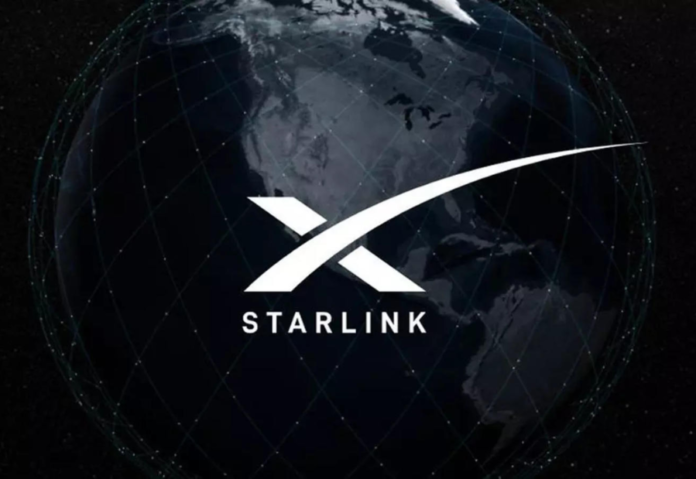The US Federal Communications Commission upheld its decision to reject SpaceX satellite internet provider Starlink’s $885.5 million in rural broadband subsidies.
The Federal Communications Commission of the United States reiterated its decision to deny SpaceX satellite internet company Starlink $885.5 million in rural broadband subsidies in 2022 on Tuesday.
The FCC stated that the decision affecting Elon Musk’s space enterprise was based on Starlink’s failure to achieve basic program requirements as well as Starlink’s inability to demonstrate that it could supply the promised service when SpaceX challenged the 2022 decision.
“The FCC followed a careful legal, technical, and policy review to determine that this applicant had failed to meet its burden,” stated FCC Chair Jessica Rosenworcel.
The FCC cited SpaceX’s failure to successfully launch its Starship rocket as one of the reasons, stating that “the uncertain nature of Starship’s future launches could impact Starlink’s ability to meet” its obligations.
After Starlink promised to provide high-speed Internet access to 642,000 rural households and businesses in 35 states, the FCC approved funding in August 2022 based on speed-tset data.
SpaceX said it was “deeply disappointed and perplexed” by the FCC decision, adding that Starlink “is demonstrably one of the best options—likely the best option” for achieving the program’s goals.
The two Republican commissioners on the five-member FCC disagreed with the decision, claiming that the FCC was illegally holding SpaceX to 2025 standards three years early and blaming it on the Biden administration’s animosity toward Musk.
FCC Commissioner Brendan Carr stated that the commission was joining “the growing list of administrative agencies that are taking action against Elon Musk’s businesses” and that the decision “certainly fits the Biden Administration’s pattern of regulatory harassment.”
Musk stated on X that the FCC ruling “doesn’t make sense.” Starlink is the only company that is truly addressing rural internet at scale! They should conceivably cancel the program and return monies to taxpayers, but not to individuals who aren’t doing their jobs.”
Republican FCC Commissioner Nathan Simington added: “SpaceX continues to put more satellites into orbit every month, which should translate to even faster and more reliable service.”
Also read: Organizations should be driven based on people and processes instead of emphasizing technology
Do Follow: CIO News LinkedIn Account | CIO News Facebook | CIO News Youtube | CIO News Twitter
About us:
CIO News, a proprietary of Mercadeo, produces award-winning content and resources for IT leaders across any industry through print articles and recorded video interviews on topics in the technology sector such as Digital Transformation, Artificial Intelligence (AI), Machine Learning (ML), Cloud, Robotics, Cyber-security, Data, Analytics, SOC, SASE, among other technology topics.






